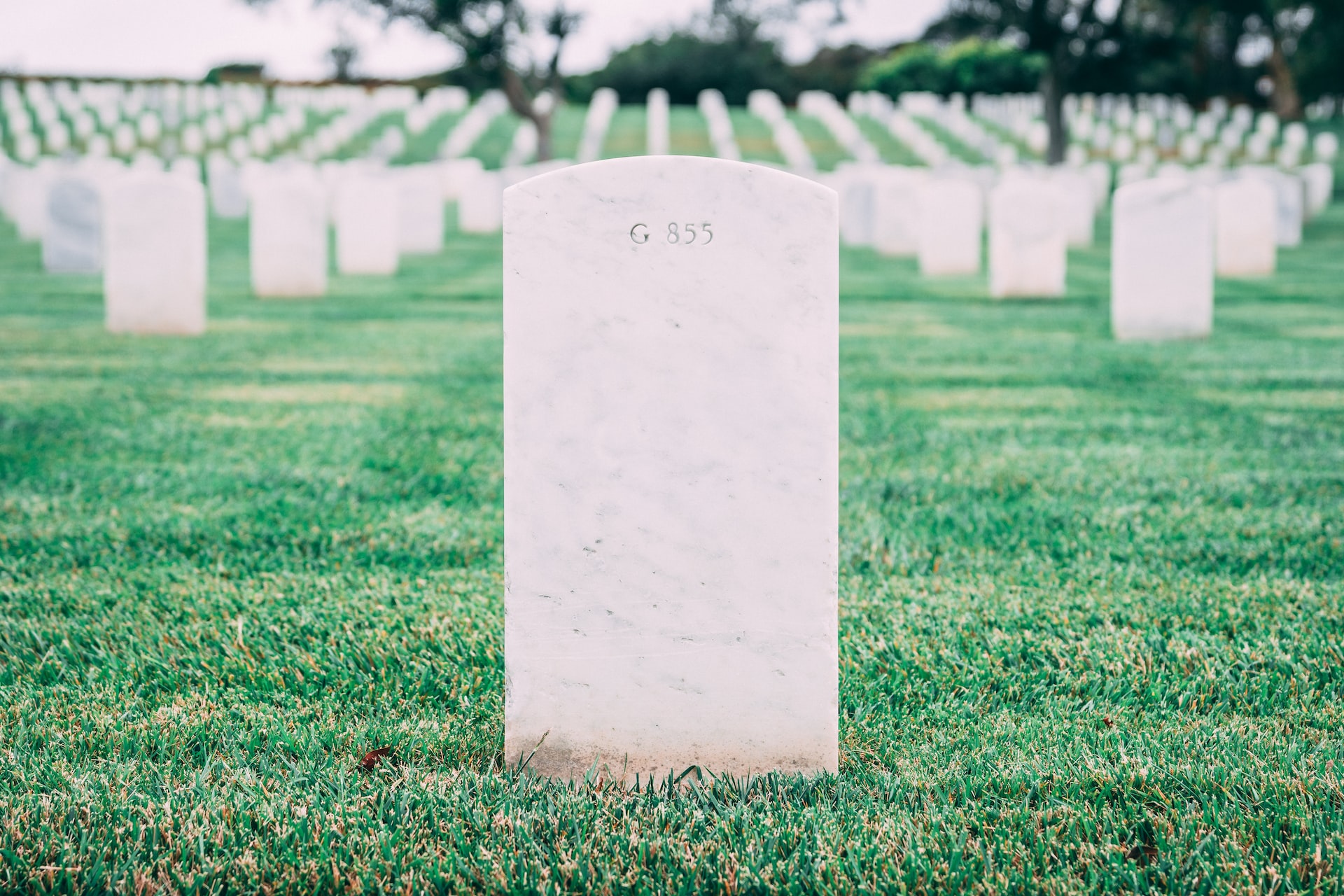If you are looking for useful tips to assist you in using Obituaries in Genealogy Research, you’ve come to the right place. This article will take you through some key aspects to consider, including your own family, the people alive when the deceased person passed, and the cultural nuances of the period. You’ll also learn some of the common sources for finding obituaries, as well as some online indexes.
Common Sources
Obituaries can provide useful information about people who have passed away. They provide details about a person’s life, like the Minnesota obituaries by notices last name, where they lived and died. You can use them to build your genealogy timeline.
Newspapers are one of the most popular genealogical sources. You can find newspapers online, but you might also need to visit a local library to read an issue.
Some newspapers have a microfilm collection. If you’re researching someone who has recently died, you can find their obituary in microfilm. Microfilm isn’t keyword searchable, so you need to know the exact date of death.
There are many different types of obituaries. Some of them contain helpful search tips. Other obituaries can lead you to other records, such as probate documents and deeds.
When looking for obituaries, you can look for them in local libraries, at state archives, and even online. However, some obituaries are only available in printed form.
The best obituaries contain a lot of detail about the person who has just passed. A great example would be an obituary that lists all of the children of the deceased. It will not include information about their biological parents, but you can often determine who the children are from this obituary.
Online Indexes of Obituaries
There are some online indexes you can use if you are looking for obituaries for your genealogy research. These obituaries can provide you with information about your family member’s life, including their birth and death date and their place of residence.
Most of these indexes have been around for at least a decade. While finding obituaries in old newspapers is possible, it is usually best to look for newer online indexes.
Other resources include ethnic newswatch databases. These databases may be available at your local library and can help you identify a dead ancestor.
Some popular genealogy sites offer obituaries, cemetery records, and other documents from around the world. Many of these sites require a subscription, but some are free.
Some libraries also have microfilm collections of newspaper obituaries.
Children of the Deceased
Obituaries are a great way to learn about an ancestor’s life. They can provide details about their family’s location, religion, and volunteer activities. The information in an obituary can help you build a research plan, identify relatives, and find records.
When interpreting an obituary, the first thing to remember is that it may not be accurate. It is personal writing by someone who is far removed from the events. Therefore, dates and names may be incorrect. If you find an inaccurate obituary, it is best to treat it as a reference.
An obituary can also lead you to other sources of genealogical data, such as city directories and probates. Generally, obituaries are written by a close family member. An obituary can contain the names of parents, siblings, grandparents, spouses, and children.
If you’re looking for obituaries, a local newspaper is the first place to begin. Start your search by searching the local newspaper the week or two before the deceased’s death.
You can also search online for obituaries. These obituaries can be helpful, especially if you are unfamiliar with a certain area. However, it is important to note that these databases are not free.
A newspaper obituary can also give clues to the origin of a person’s birth and death dates. Newspapers often list a person’s name, date of death, and the church they were a member of.
The name of a deceased landowner can help you pinpoint the ancestor’s location. The obituary often mentions the acreage or property the deceased owned. This can help you determine the time frame you should use to look for land records.
Relatives, Both Deceased and Living
Obituaries are important records for genealogy research. They can help build a timeline and contain many valuable clues about an individual. For example, the obituary might give information about the person’s church, career, hobbies, and societal membership.
The obituary may also list the deceased’s spouse and children. These people are typically listed in order of birth. If a person has no children, their spouse is first on the list.
A good way to find obituaries is to visit a local library. Often, libraries have microfilm copies of the newspaper and can search for an obituary on a particular person. Many newspapers are now available online. Depending on the newspaper, you can find the obituary through the paper’s website or a search engine. Some obituaries need to be indexed and may be hard to find.
Depending on the type of newspaper, you can also check for the obituary in the local history books. Sometimes, a family may have moved to another city or town after the death of a family member. That’s why it’s important to research where the ancestor was born.



